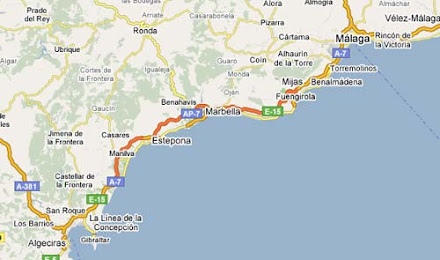Just when you thought the world economy might be improving, along comes Spain. It's Europe's next economic domino, struggling to cope with big budget deficits, massive unemployment and an angry public. Will it fail -- and, if so, with what consequences? As it happens, the $80 trillion world economy splits roughly 50-50 between advanced countries (the United States, Europe, Japan and a few others) and developing countries (China, India, most of Asia, Africa and Latin America). Since the financial crisis, the advanced economies have struggled. In 2012, they will grow a meager 1.4 percent, forecasts the International Monetary Fund. Much of Europe is in recession; the United States (up 2.1 percent) and Japan (2 percent) grow slightly. Although developing countries have done much better, their economies are now slowing, too. The reason: Rapid growth raised inflation. In China, inflation went from 3.3 percent in 2010 to 5.4 percent in 2011. India's inflation peaked at 12 percent. So central banks in these and other countries (their Federal Reserves) boosted interest rates to dampen price increases. Robert Samuelson Recent columns Related More syndicated columnists and views Join the conversation on Facebook Follow us on Twitter Topics Spain Europe Finance See more topics » If Spain's crisis deepens Europe's recession, it could tip the entire world economy into a stubborn slump. The ramifications would be enormous, including: reduced odds of Barack Obama's re-election, assuming a weaker U.S. recovery; less political cohesion and more social unrest in Europe (even now, the European Union's unemployment rate is 10.2 percent); and growing pressures in many countries for economic nationalism and protectionism. Spain is suffering a hangover from what economist Desmond Lachman of the American Enterprise Institute calls "the mother of all housing booms."
You Might Also Like :














0 comments:
Post a Comment